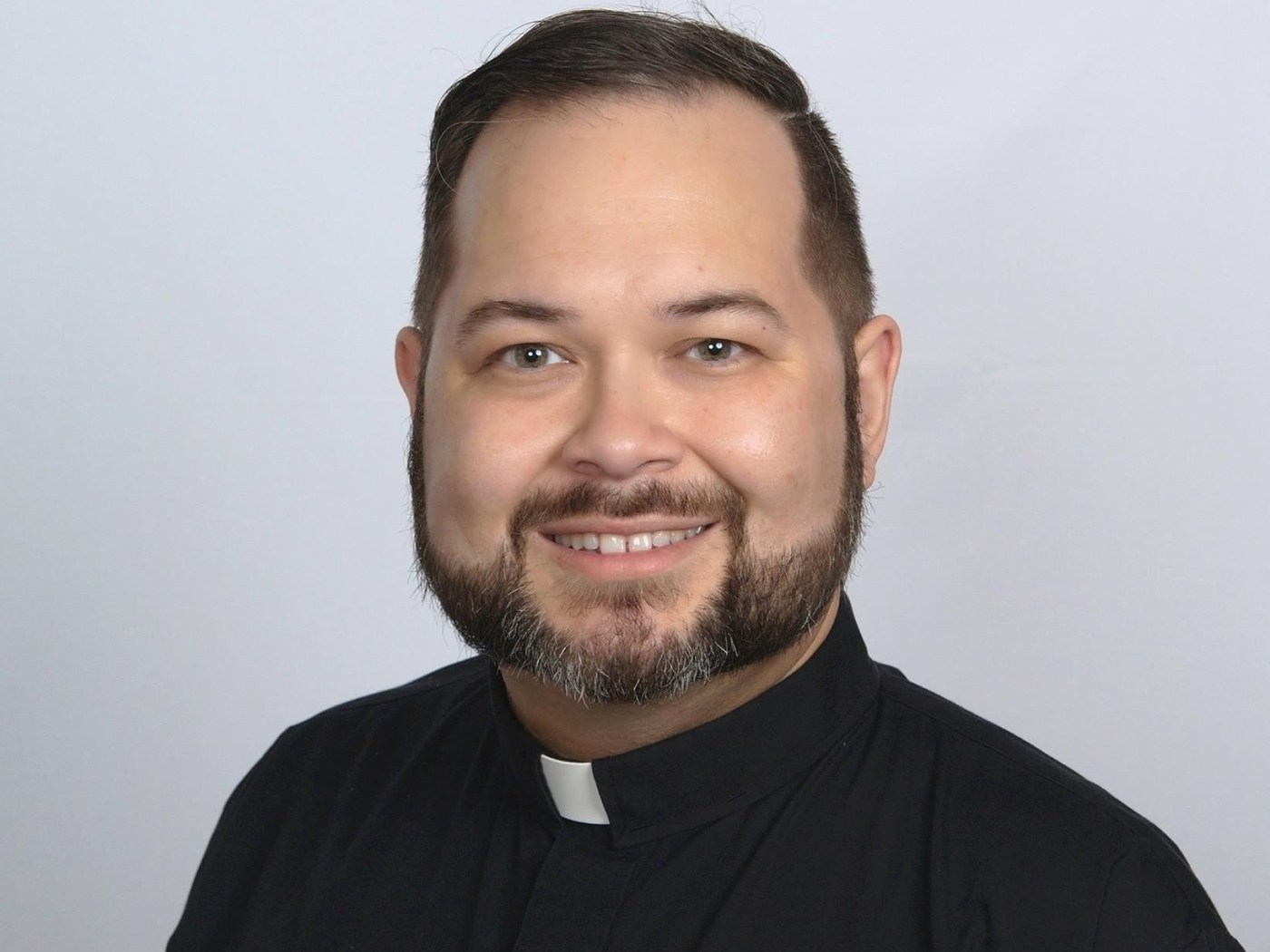Temple University has received a significant boost for its planned dental school and clinic in Tamaqua, Pennsylvania, with the approval of $2 million in federal funding. This financial support is crucial for the establishment of the Temple University Tamaqua Dental Clinic and Education Center, slated to open in 2026. The facility will be located in the former Rite Aid building on Center Street and aims to begin operations in time for the fall semester.
The dental center will accommodate 20 dental students at a time, providing them with clinical training while also delivering essential dental care to underserved communities in Schuylkill County and its surroundings. The initiative is recognized as the first-ever rural dental education center and clinic in Pennsylvania, marking a pivotal step in addressing the state’s growing shortage of dental professionals, particularly in rural areas.
Many residents in the Tamaqua region currently struggle to find dentists accepting new patients, often facing lengthy commutes for basic dental services. This reality underscores the necessity of the project, which has been championed by the Tamaqua Area Community Partnership. According to Micah Gursky, executive director of the nonprofit, the pursuit of federal funding began two years ago and has now yielded positive results.
Dr. Amid Ismail, dean of Temple’s Kornberg School of Dentistry, emphasized the project’s potential to deliver high-quality dental education and care to communities in need. “The new education center and clinic will test a new model of addressing access to dental care in rural Pennsylvania, where students live and study in a rural community for two years,” he stated.
Students enrolled in the program will reside in free, fully-furnished apartments in Tamaqua, gaining firsthand experience in treating underserved populations. The hope is that this immersive environment will encourage some graduates to practice in Tamaqua or similar rural locations after completing their education.
The clinic is designed with a capacity of 24 dental chairs dedicated exclusively to Medicaid-eligible patients and low-income residents of Pennsylvania. This means services will be available to individuals earning less than 200 percent of the poverty line who do not have commercial insurance. The center will offer affordable fees for procedures not covered by Pennsylvania’s Medicaid Assistance program.
Initially, in its first year, the center plans to host at least 10 students, four faculty-dentists, and several part-time dental specialists. By 2027, the program will expand to accommodate 20 students, divided equally between juniors and seniors, and will maintain these numbers in subsequent years.
Operating hours will include evenings and weekends, and the facility will feature advanced technology such as radiography, digital scanners, and milling units. The range of care provided will encompass oral surgery, root canal therapy, prosthodontics, implants, restorations, and orthodontics. Dr. Ismail remarked, “It is a model that acknowledges rural Pennsylvania’s reality rather than papering over it with ineffective fixes. It will create jobs in a rural area. And, hopefully, it will engender comfort for dental graduates to live in one of the most beautiful areas in the United States.”
The federal funding for the dental school was included in the agriculture appropriations legislation signed into law in mid-November. Gursky expressed gratitude to the federal and state legislators representing Schuylkill County for their unwavering support. Notably, Congressman Dan Meuser played a key role in securing the federal funds, while State Senator Dave Argall and State Representative Jamie Barton were instrumental in obtaining state funding.
Both Argall and Barton have praised the initiative as a major advancement for rural healthcare in northeastern Pennsylvania. Barton noted, “Pennsylvania is in desperate need of dentists and dental hygienists in our rural counties.” Argall added that during a Senate hearing in Tamaqua, they received troubling testimonies about families having to travel hours to access basic dental care.
According to Helen Hawkey, executive director of the Pennsylvania Coalition for Oral Health, the disparity in dental care is stark: for every 15 dentists in urban areas, there is only one in rural regions. This situation is exacerbated by the fact that Pennsylvania’s only dental schools are located in Philadelphia and Pittsburgh, limiting the number of students from rural backgrounds who pursue dental careers.
Hawkey’s organization reports that Pennsylvania requires 2,000 dentists, 7,000 dental hygienists, and 10,000 expanded function dental assistants to ensure regular dental care for all residents. The lack of routine checkups can lead to dental emergencies that often result in visits to emergency rooms, further straining healthcare resources.
The establishment of the Tamaqua dental school is anticipated to benefit the community immediately by providing essential services, as well as in the long term by cultivating local dental professionals who may choose to remain in or serve other rural communities. Gursky believes that this initiative will transform Tamaqua from a place of medical need into a community that actively addresses significant healthcare gaps. “It’s a different mindset. I think this changes how we think of ourselves,” he concluded. “It’s a very innovative, exciting thing for us to be part of.”







